MD Stem Cells
7 Tips for Taking Care of Your Eyes During Allergy Season
The Spring Doesn't Just Bring Beautiful Weather
Is there anything worse than allergy season? You’ve just survived another winter and the doldrums that accompany it, and just as soon as the weather gets nice enough to enjoy, mother nature deploys clouds of pollen and your immune system goes haywire.
Allergy season is miserable, especially for those who suffer from eye allergies. Eye allergies, also known as allergic conjunctivitis, can cause symptoms such as itching, redness, and tearing, which can be frustrating and uncomfortable.
We’ve got your back. While springtime might have your eyes redder than a clown’s nose, there are fortunately several steps that you can take to mitigate pollen’s assault. Let’s take a look at seven tips from the pros for taking care of your eyes during allergy season.

1. Avoid allergens
As obvious as it might sound, the best way to prevent eye allergies is to avoid allergens that trigger them. Pollen, mold, dust mites, and pet dander are common allergens that can cause eye allergies. People with allergies should try to avoid these allergens as much as possible by staying indoors when pollen counts are high, using air filters and purifiers, and keeping pets out of the bedroom. We recommend using
pollen tracking apps on your smartphone to stay informed about days when the outdoors is a no-go.
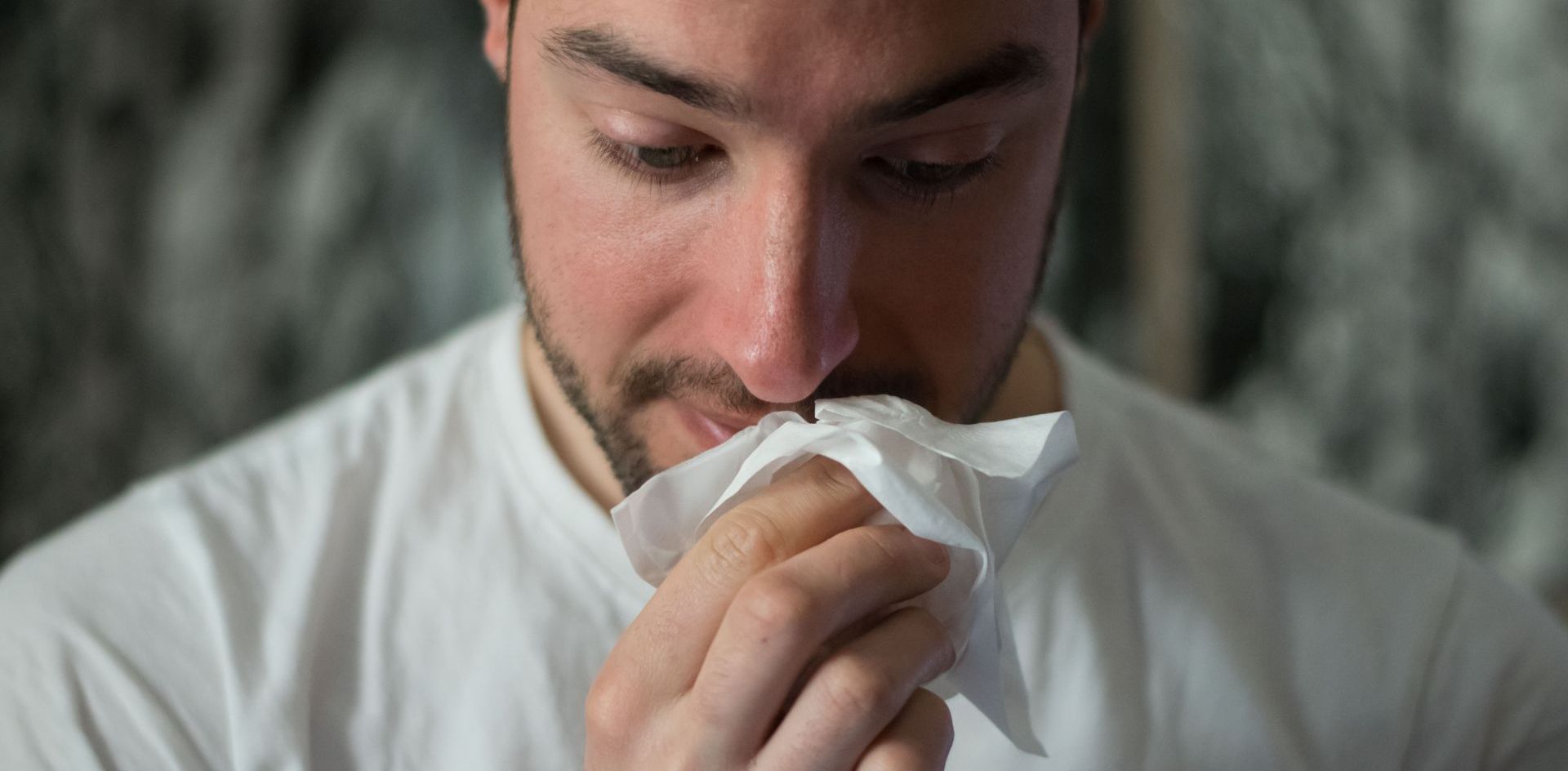
2. Keep windows closed
Keeping windows closed can help prevent allergens from entering the home and triggering eye allergies. When the air outdoors is drowning in pollen, it’s important to make sure your home is as allergen-free as possible to give your eyes a break. If you need fresh air, consider using an air conditioner or a fan to circulate air. If needed, you can also use a humidifier to keep the air moist, as dry air can worsen symptoms of eye allergies.
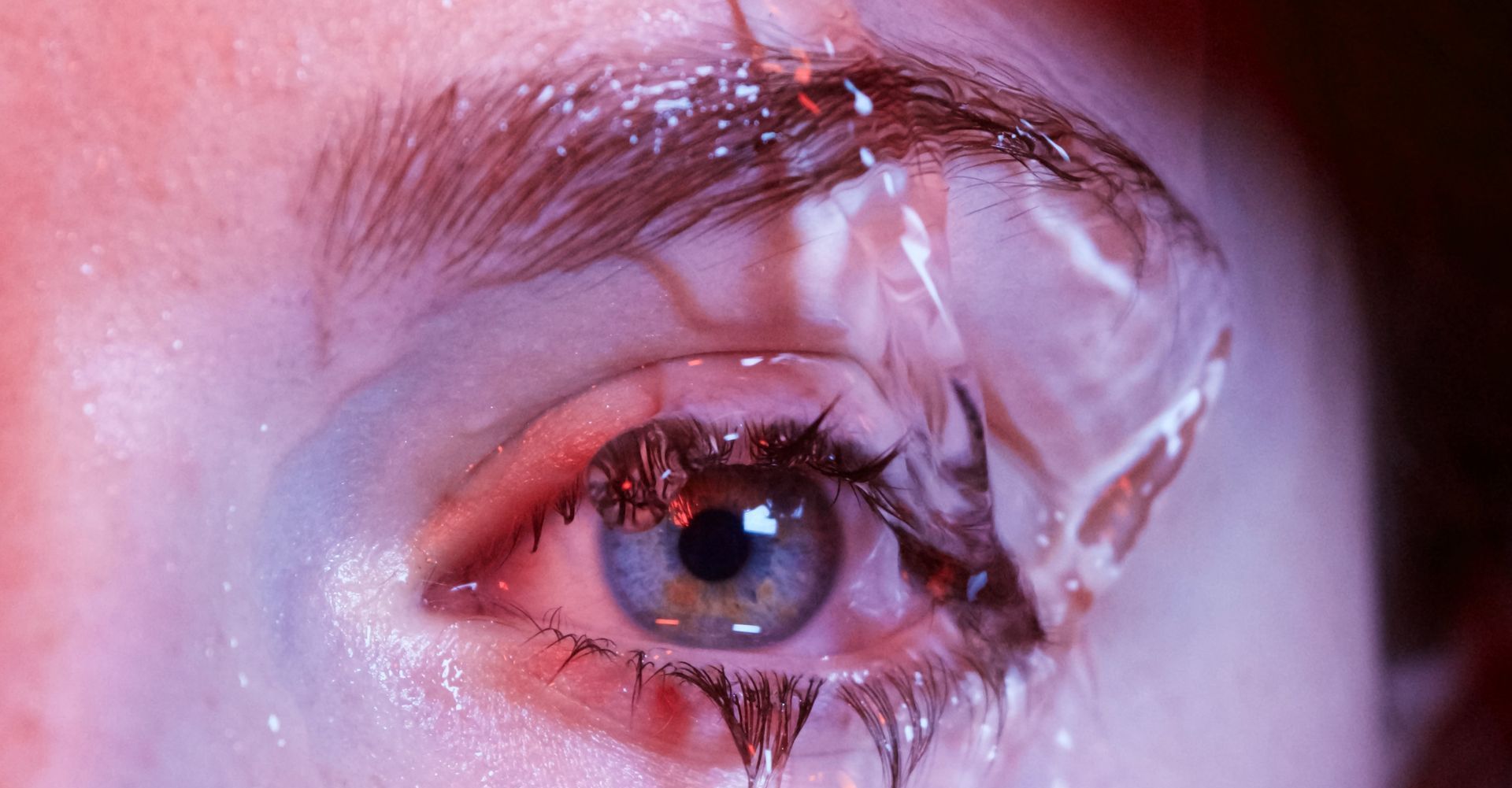
3. Don’t overuse eye drops
Over-the-counter eye drops can help relieve symptoms of eye allergies, such as itching, redness, and tearing. There are several types of eye drops available, including antihistamine drops, decongestant drops, and lubricating drops. That being said, using them too much can be really bad for your eyes, and might even exacerbate symptoms with overuse. Talk to your doctor or pharmacist to find out which type of eye drops is best for you.
4. Use cold compresses
Cold compresses can help relieve itching and redness caused by eye allergies. People can use a cold washcloth or a cold compress to gently press against their closed eyes for a few minutes at a time. It feels great, too!
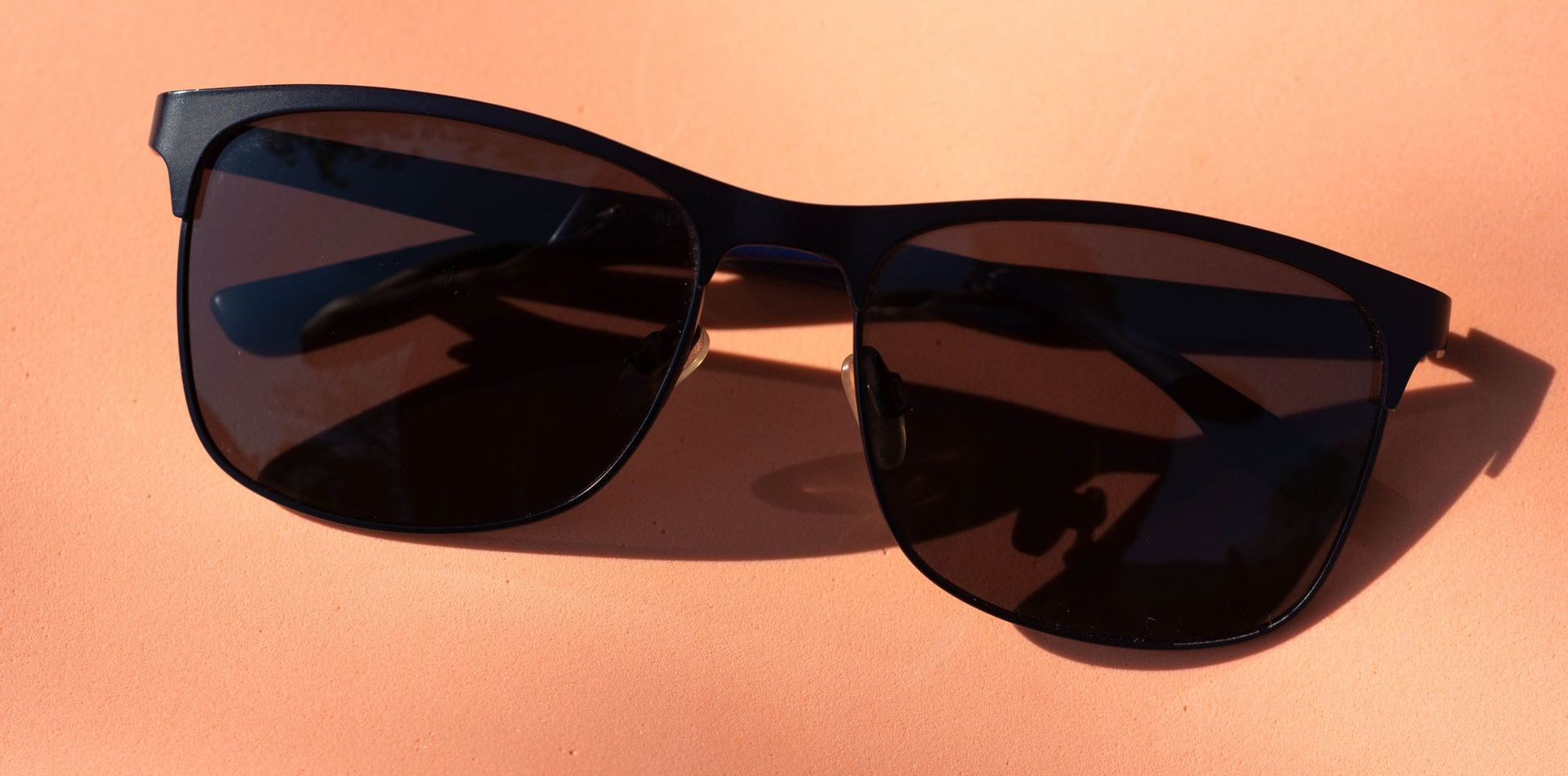
5. Cleanse eyelids
Cleansing eyelids can help remove allergens and other irritants that can cause eye allergies. People can use a mild soap and water or a special eyelid cleanser to clean their eyelids. They should gently rub their eyelids with a clean washcloth or cotton swab and rinse with water.
6. Wear sunglasses
Wearing sunglasses can help protect the eyes from allergens and other irritants that can cause eye allergies. People should choose sunglasses that provide
100% UV protection and wrap around the sides of their face to prevent allergens from entering the eyes. If you can’t beat allergies, at least try to block them!

7. Come see us
If symptoms of eye allergies persist or become severe, people should seek medical help. There’s absolutely no reason to just suffer through allergy season without the help of a doctor. Though eye allergies typically won’t be severe enough to send you to the ER, it’s always advised to get the opinion of a professional.
In addition to these tips, there are several other good habits that can help people take care of their eyes during allergy season, including:
- Avoid rubbing the eyes, as this can cause further irritation and inflammation.
- Wash hands frequently to prevent the spread of allergens and other irritants.
- Keep contact lenses clean, as allergens can accumulate on them and worsen symptoms of eye allergies.
Look, allergy season is the worst, and there’s no getting around that fact. But that being said, there are ways to make it less awful. If you need some more tips or are looking for medical help with your eye allergies, give us a call today so that you can meet spring head-on.







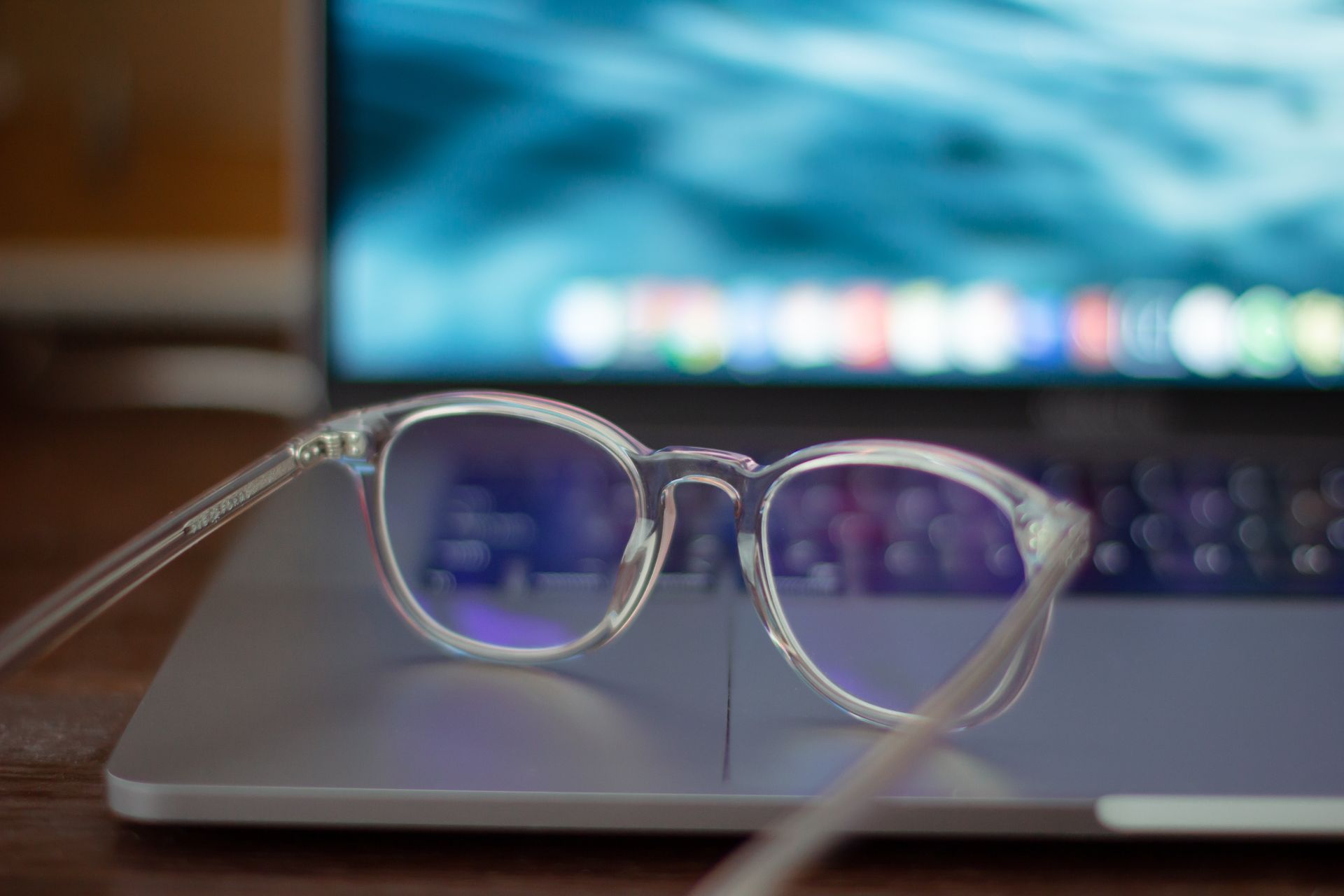
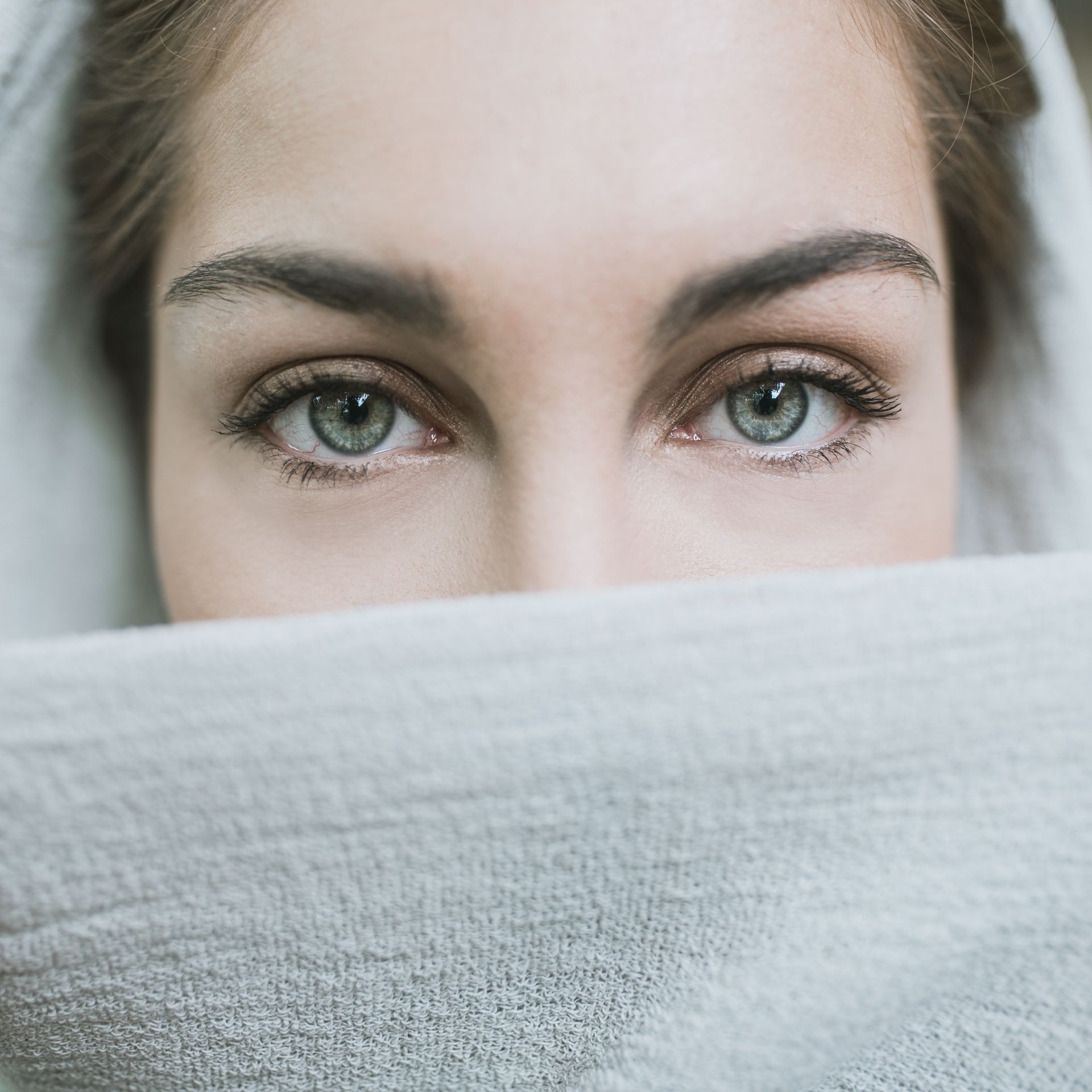
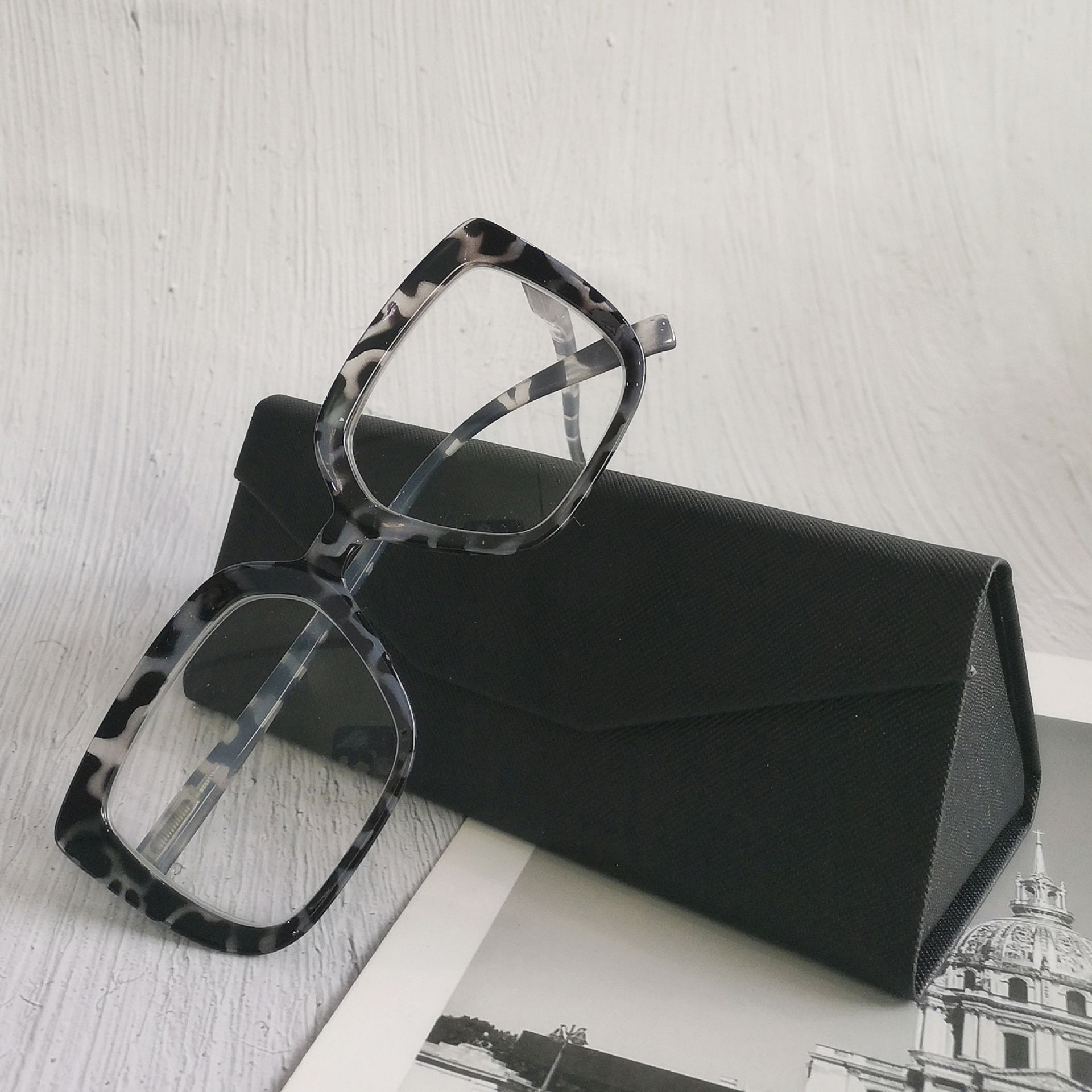


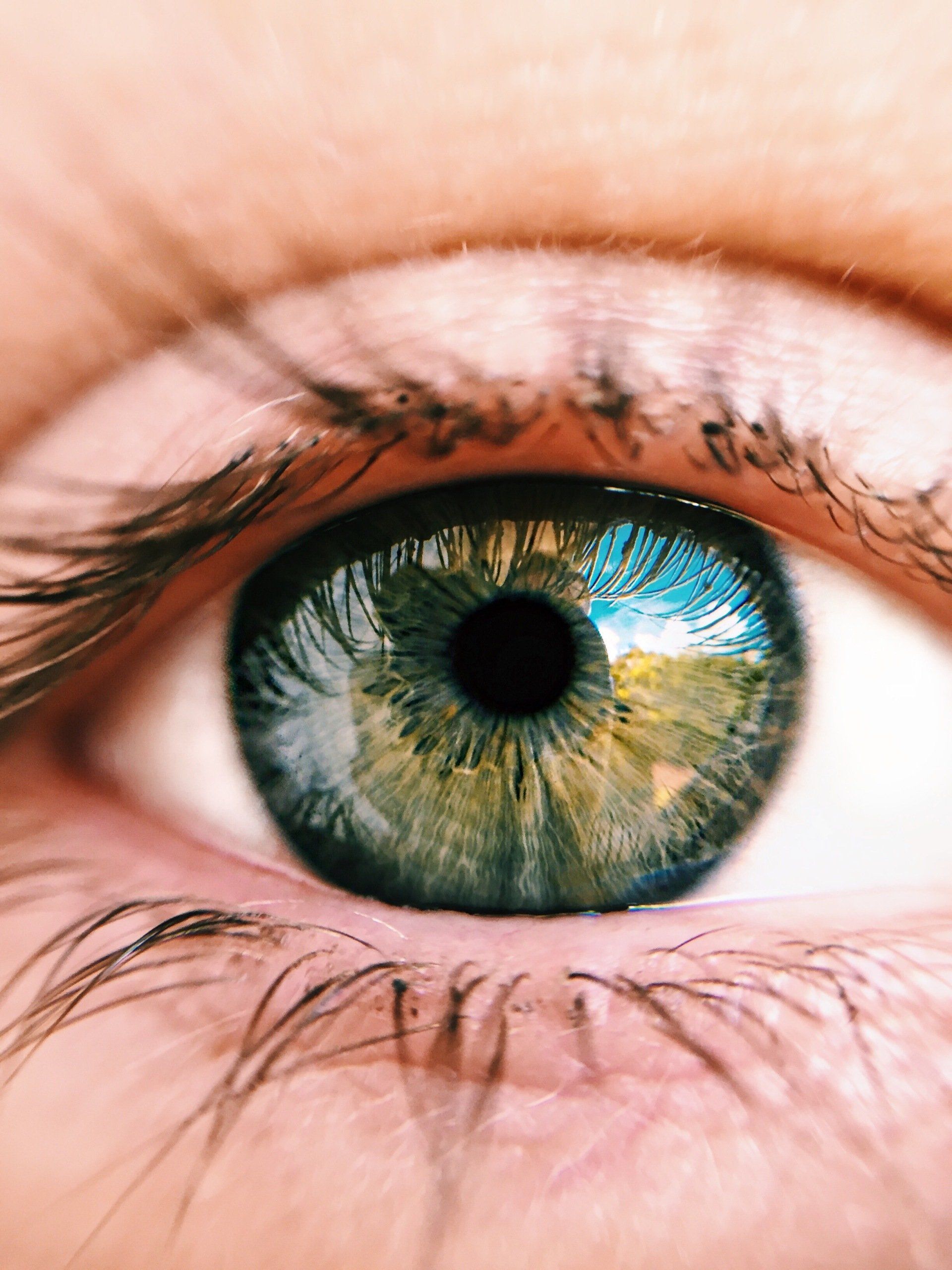
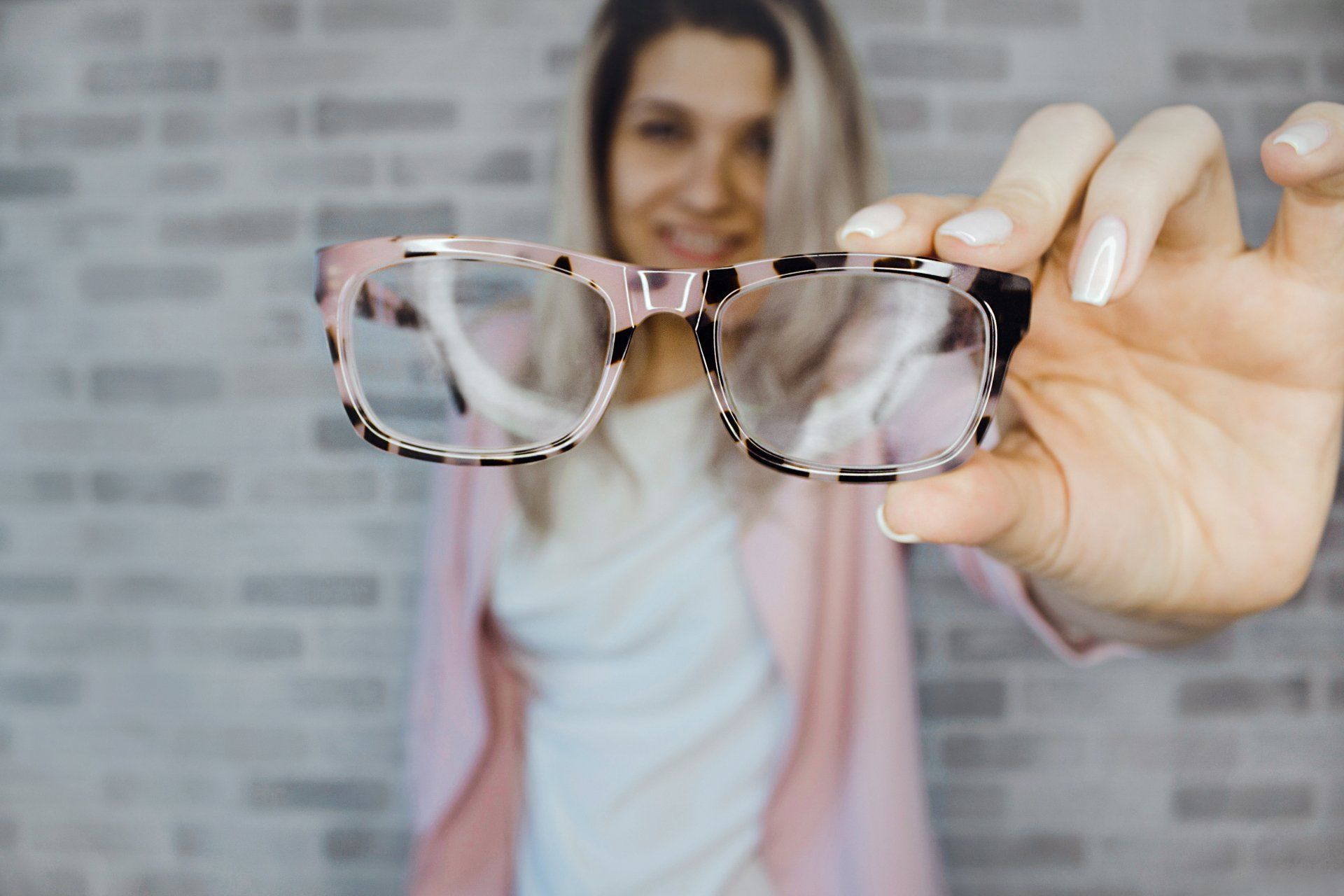

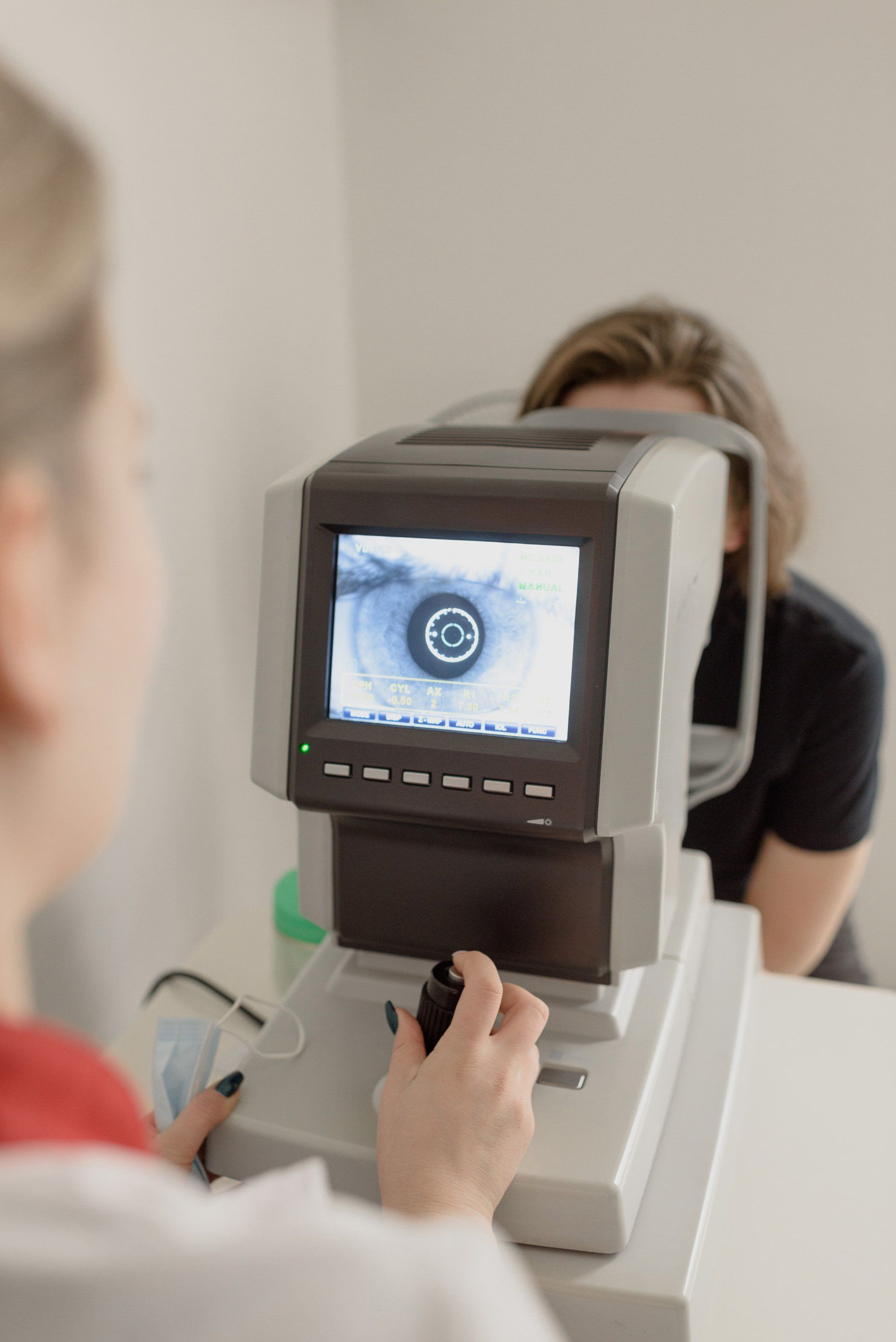










All Rights Reserved | MD Stem Cells
Treatment Locations
Coral Springs, FL
Dubai, UAE
Administrative Office
Westport, CT
Fax:
203-571-1418